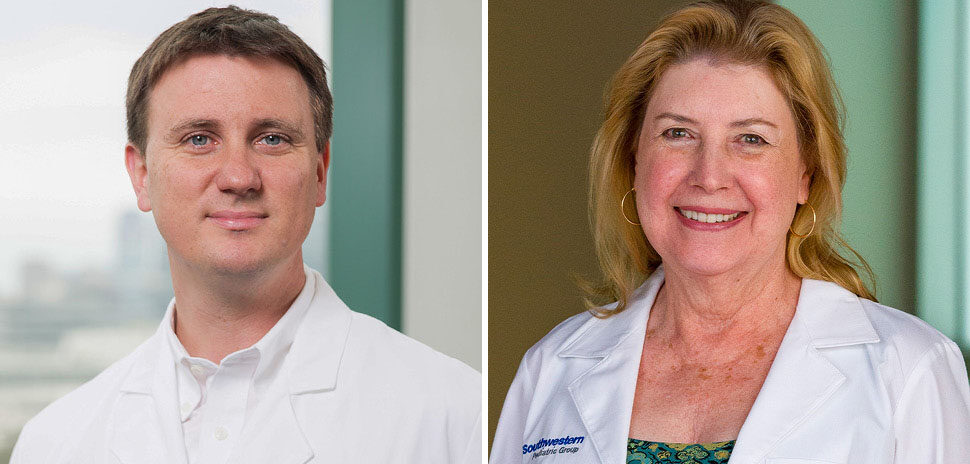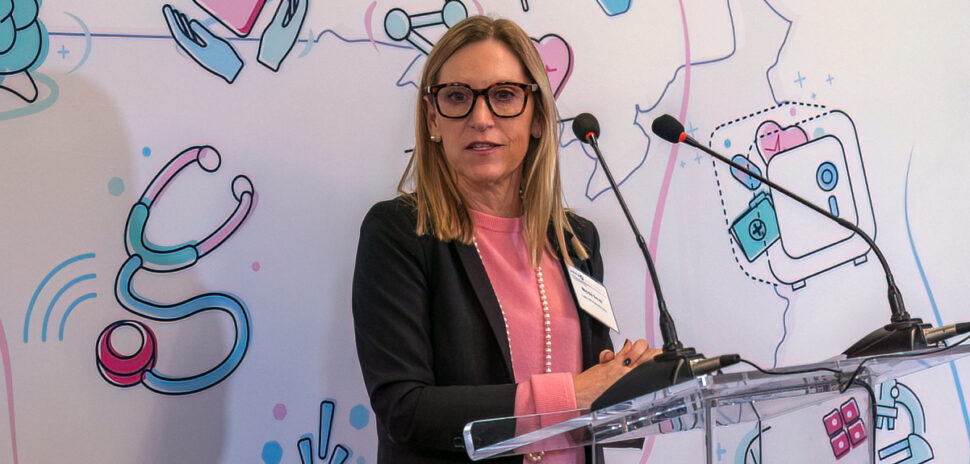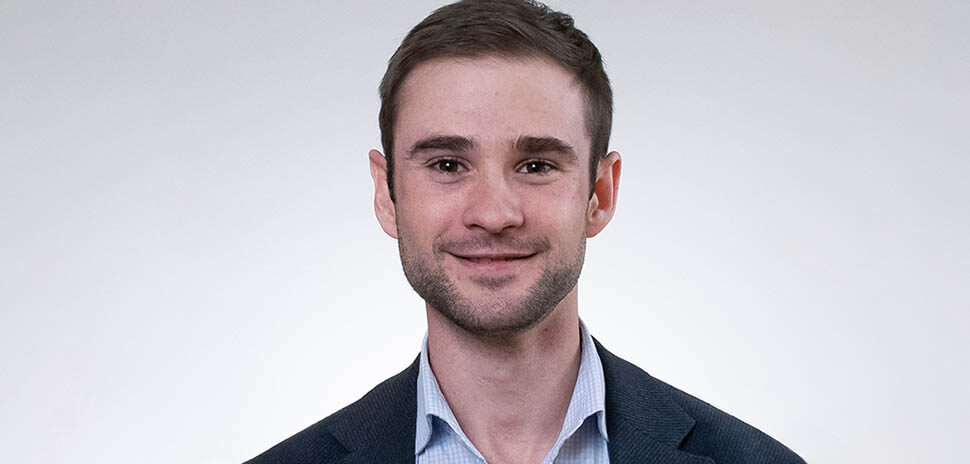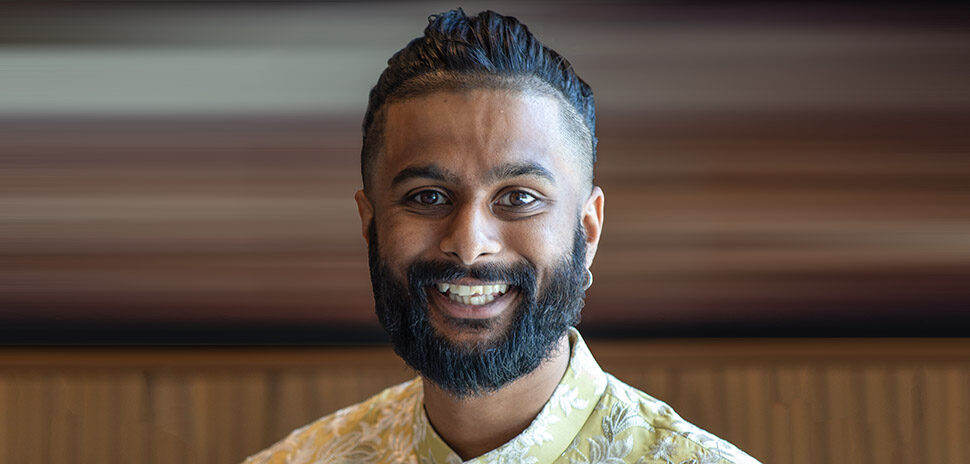“Together, we’re taking a step forward in the pursuit of better health outcomes for all Americans,” said Renee Wegrzyn, director of the federal health agency ARPA-H, as she unveiled an ambitious new initiative in Dallas on Thursday.
“We are in the business of creating moonshots for health,” Wegrzyn said.
At the official launch of the ARPA-H Texas hub in Dallas, the director announced the ACTR program—Advancing Clinical Trial Readiness—to expand clinical trial capabilities across America.
ARPA-H wants to enable 90% of eligible Americans to participate in clinical trials within 30 minutes of their homes, vastly expanding access and potentially accelerating new treatment approvals.
“This is a very ambitious goal,” Wegrzyn said. “There’s not going to be one solution that gets us there. But we’re ready to really lean into the ARPANET and try to bring together communities to help us move towards that goal to serve our program managers and to bridge that innovation.”
The research funding agency’s network includes the Texas customer experience headquarters at Pegasus Park in Dallas—one of three new ARPANET-H regional hubs set to drive innovation and solve health problems faster.
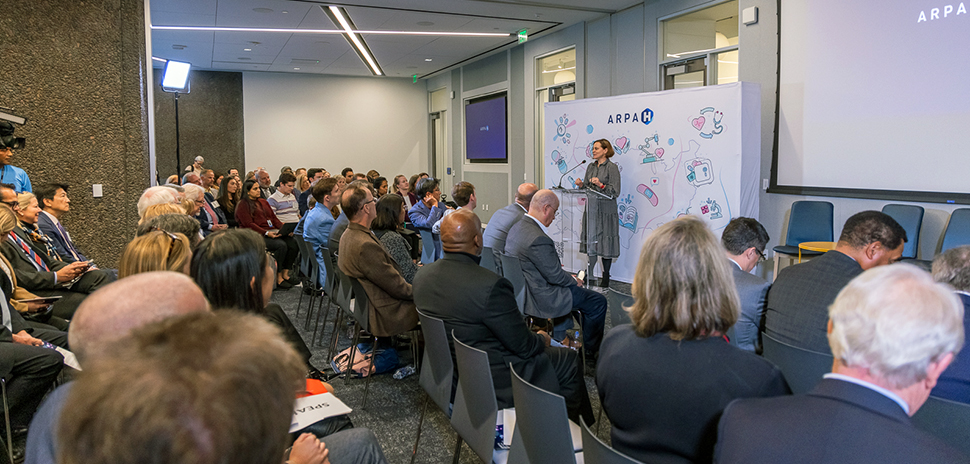
[Photo: Adam Lee/ARPA-H]
Texas headquarters at Pegasus Park will lead the initiative
The Advanced Research Projects Agency for Health—or ARPA-H—an agency within the U.S. Department of Health and Human Services, advances high-risk, high-reward research initiatives.
The Texas hub, backed by a consortium of cities and organizations across the state, will coordinate the ARPA-H push to transform clinical trials across America.
Clinical trials help researchers understand what treatments work, gathering a variety of data to help identify better ways to improve patients’ health, Wegrzyn said. The director emphasized the importance of the initiative, including “in times of rapid response, such as during national emergencies.”
While clinical trials “play a vital role in evaluating innovations and breakthroughs,” challenges like lack of interoperability, access to data, access to electronic health records, and patient awareness “really hamper progress.”
“We have this rapid scale and speed of innovation in the lab that comes to a grinding halt when you need to hear about it in the clinic,” she said.
That’s where ACTR comes in, to connect resources and stakeholders to tackle the challenges facing clinical trials across the country. The initiative will help simplify collaborations between the federal government, researchers, patients, community organizations, and industry.
“This effort is going to activate the ARPANET to serve as a capability to bridge gaps,” Wegrzyn said.
But, she said, ARPA-H aims to accelerate those capabilities, not recreate them.
To help accomplish its objectives, the director said ARPA-H will leverage “great investments” by the HHS, NIH, and utilize the resources of the new Texas hub.

A panel, including Dr. Eric Peterson of UT Southwestern Medical Center (far right), discussed high level goals of what the advancing clinical trial readiness initiative is aiming to achieve. [Photo: Adam Lee/ARPA-H]
Dr. Eric Peterson of UT Southwestern Medical Center spoke during a panel at the event about opportunities to improve clinical trials. “We still do studies very much like I did is I first began 30 years ago, putting posters on walls to try to get interest in our studies, enrolling that one patient per site per month,” he said.
Dr. Peterson added, “We make studies too slow, too complex, too costly—and ultimately—nonrepresentative of the populations we actually need this data for.”
ACTR aims to make trials more accessible and inclusive.
Despite current challenges, Dr. Peterson sees the promise of ARPA-H’s collaborative network. “I believe that network and that platform, and that catalyst will be incredible to move this forward,” he said.

In a video welcome, Congresswoman Jasmine Crockett called Texas “a perfect fit” for the new ARPA-H Customer Experience Hub. “I immediately knew [the hub] had to come here to Dallas because of our unique demographics and patient population,” she said. [Photo: Adam Lee/ARPA-H]
‘The door to faster, cheaper, and more representative trials’
In a news release, ARPA-H said the ACTR initiative will bring together diverse groups — including innovators, patients, hospitals, community centers, and non-traditional partners like retail pharmacies. The goal is to build faster, more affordable clinical trials using decentralized processes.
Jennifer Roberts, director of ARPA-H’s Resilient Systems Mission Office, said recent tech advances—like AI and digital health, coupled with open standard—create new opportunities.
Through ACTR, “we want to develop novel innovations to distribute common protocols across many more locations so that we can change the current paradigm and open the door to faster, cheaper, and more representative trials,” Roberts said.
Provide your feedback by Dec. 1
ARPA-H is seeking public feedback via a Network Activation Call on ACTR, which can be found at the Customer Experience hub website. The deadline to provide feedback is Dec. 1.
After the feedback period, ARPA-H said it will release the final initiative description and funding opportunity, likely in the coming months.

Nicole Small, CEO of Lyda Hill Philanthropies, thanked Texas’ hub partners from Austin, Houston, San Antonio, and others from around the state. At the event, they joined ARPANET colleagues from Boston, leaders from health institutions, nonprofits, community organizations, higher-education institutions, the public sector, and the corporate sector. [Photo: Adam Lee/ARPA-H]
ARPA-H customers are the “Americans that we serve”
When ARPA-H was established about a year ago, “our vision was to catalyze the entire health ecosystem by bringing together individuals with innovators to really bridge that gap between innovation that often happens in a laboratory that can be siloed, from the hospitals, the patients in the communities that really stand to benefit the most,” said Director Renee Wegrzyn.
“We knew if we’re going to launch an agency that would launch these new innovations that we had to create a network that we could actually engage patients,” Wegrzyn explained. This led to the creation of ARPANET-H to “simplify the way that government works with nontraditional partners with communities and researchers alike.”
ARPANET-H allows ARPA-H to create regional hubs with spokes including the new Customer Experience Hub in Dallas, an Investor Catalyst Hub in Boston, and soon, a hub site in the National Capital Region “That also gets us close to our payers, like CMS and to our regulators like the FDA because we can’t wait till the end of the finish line, to engage with them,” said Wegrzyn.
In Dallas, the focus is on the customer. “Those are the patients, those are all the Americans that we serve,” Wegrzyn said.
Texas has a large ecosystem of learnings that are relevant not only for Texas, but to the entire country. Wegrzyn pointed to the diversity of the Texas network ranging from urban areas to rural hospitals. “We have university centers and small companies that are part of the spoke network,” she said. “We also have payers and clinics, advocacy groups, and, of course, not-for-profits, even within this building, referring to Pegasus Park’s tenant mix.
“It feels vertically integrated almost across the entire innovation ecosystem, which is incredibly unusual,” she said.

Dallas developer and philanthropist Lyda Hill welcomed federal health agency ARPA-H to Texas yesterday, celebrating the launch of its Customer Experience Hub at Dallas’ Pegasus Park. [Photo: Adam Lee/ARPA-H]
The art of the possible
“We knew that Texas has what it takes,” said Lyda Hill at the event. “We are effectively supporting the agency’s missions.”
The Dallas founder of Lyda Hill Philanthropies and LH Holdings said, “We also found that the agency’s mission aligns closely with what we are already doing at Pegasus Park.” The campus serves as a place for national stakeholders to convene to advance innovation through collaboration, she said.
Hill, who has been called a “philanthropreneur,” helped develop the 26-acre Pegasus Park. The founder’s vision and advocacy have been credited as instrumental in bringing ARPA-H’s collaborative health innovation to Texas and Dallas.
Positioning ARPA-H’s Customer Experience Hub within this ecosystem will help generate creative solutions to improve health, according to Hill. The Hub will benefit from close proximity to organizations like UT Southwestern Medical Center, Parkland Center for Clinical Innovation, Southern Methodist University, McKesson, BioLabs, Mass Challenge, and many others,” she said.
“Throughout my career, I have been driven to tackle problems that are bold, complex, and some might call impossible,” said Hill, who keeps a quote from Walt Disney on her desk: “They say it’s fun to do the impossible.”
And this, she says, is really fun: “I can’t wait to see the incredible impact of the programs that launched out of this game-changing agency.”
Texas hub at Pegasus Park plugs in — literally
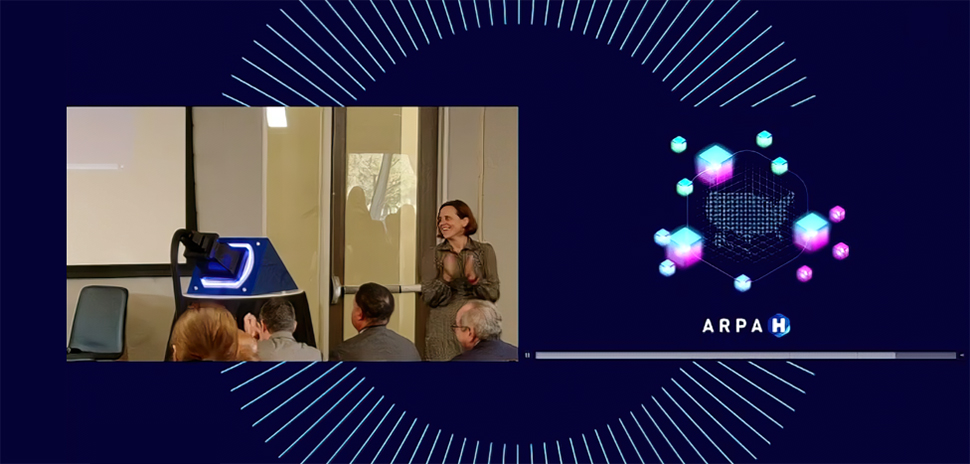
The ARPA-H Texas customer experience hub at Pegasus Park, one of three biotech headquarters across the country, officially “plugged in” to the federal agency network on Oct. 19 during a launch event. [Image: Dallas Innovates; Screenshot]
The launch event concluded with Wegrzyn symbolically “plugging in” the Dallas hub to activate its connection to the broader ARPANET-H network.
As she inserted an oversized power plug into an outlet on stage, Wegrzyn commented on why Dallas was chosen to anchor one of the nation-spanning regional hubs.
“One of the key criteria was finding a team that could bring together the best expertise from their own community as well as rally partners from all 50 states,” she said. “The learnings here aren’t just relevant for Texas, they’re relevant for improving health outcomes across the entire country.”
Wegrzyn praised the team assembled by Lyda Hill Philanthropies and others for exemplifying this mix of local leadership and nationwide vision needed to drive ARPA-H’s mission forward.
“I’m so excited that this journey brought us to Dallas. This is just the start,” she said.
![]()
Get on the list.
Dallas Innovates, every day.
Sign up to keep your eye on what’s new and next in Dallas-Fort Worth, every day.


